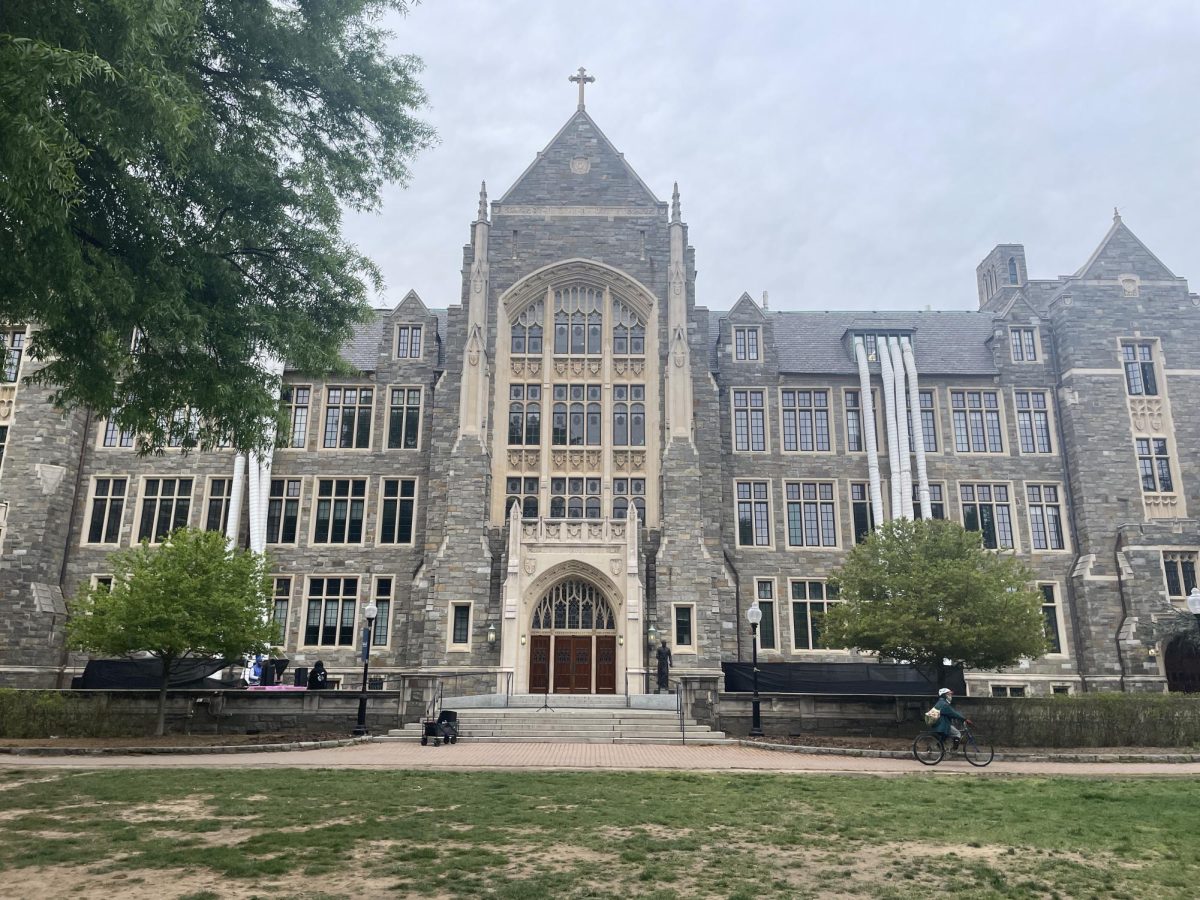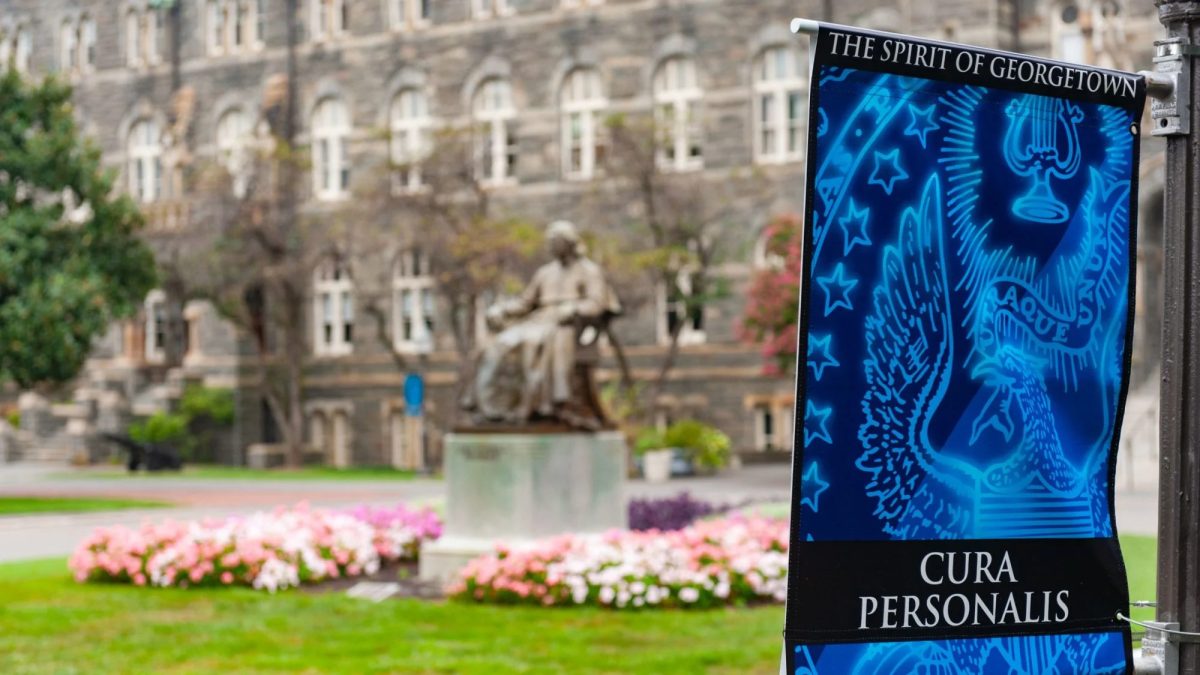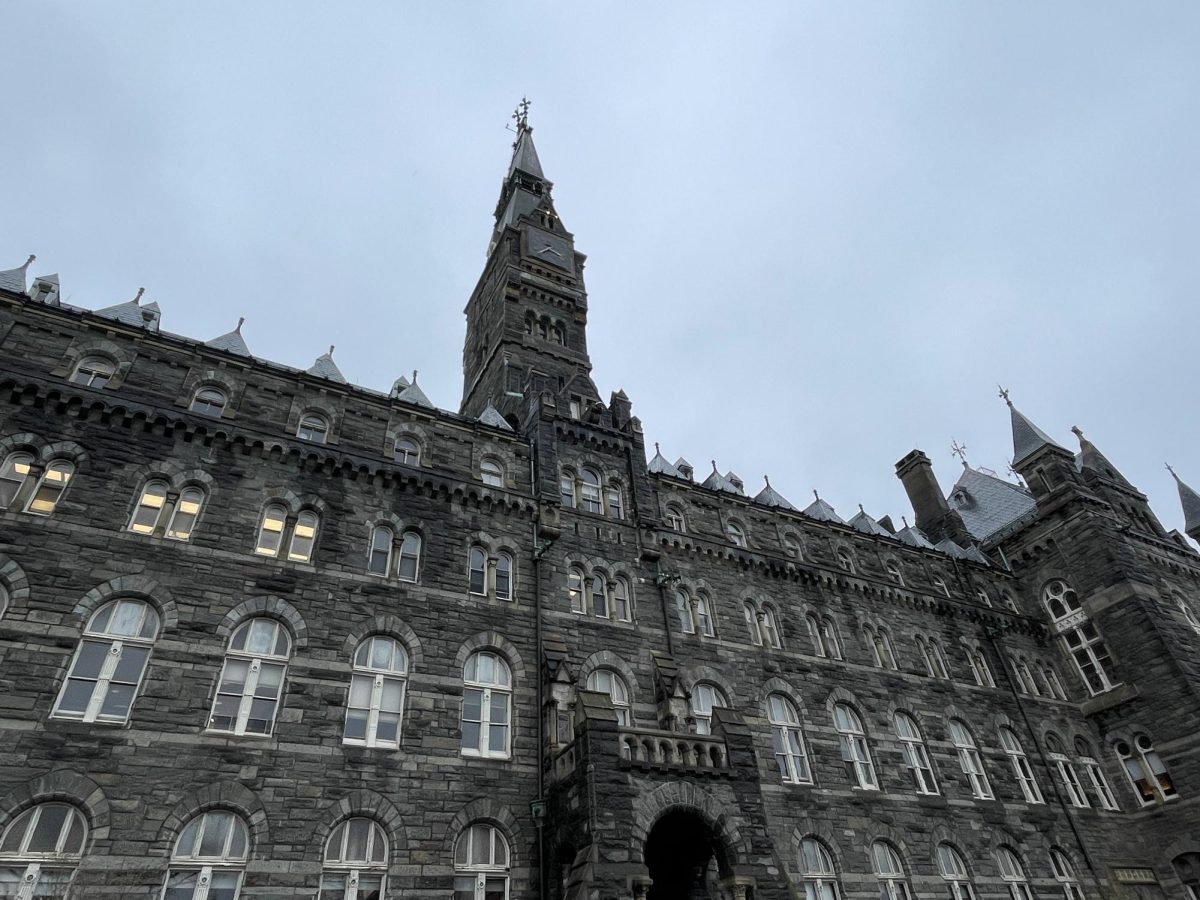After months of advocating for an athletic training program for club sports, the Advisory Board for Club Sports requested $41,000 from GUSA, but was denied any funding at GUSA’s Feb. 24 budget summit for the 2014 fiscal year.
The Georgetown University Student Association sent out a survey over winter break gauging interest in a trainer program. Two-thirds of the 100 respondents said that they would be very likely to use a club sports trainer if one were made available to them.
Despite this demonstrated interest, the GUSA Finance and Appropriations Committee hesitated to fully fund an athletic training program without first seeing a pilot program.
“Everyone pretty much agreed that it’s a worthwhile idea, but we want to see some sort of pilot program even with one trainer. We want to see what the impacts are and how well it is received,” Fin/App Committee Chair Sheila Walsh (COL ’14) said.
Walsh recommended that ABCS use money already allocated to the board by GUSA for their initial test program.
“We can’t really dictate how they actually go about spending it, so they can make a conscious decision to direct more of that money to a pilot training program,” Walsh said.
ABCS does not plan to appeal the decision, but remains committed to making the program a reality.
Now that GUSA has denied the program funding for the 2013-2014 academic year, ABCS plans to present to Center for Student Programs Director Erika Cohen Derr, Vice President for Student Affairs Todd Olson and other representatives of the campus administration, risk management and legal departments.
“Currently we are working on finalizing our proposal,” GUSA Undersecretary for Athletic Affairs Luke Carter (COL ’14) said.
ABCS envisions that the program would include two professional, part-time trainers: one for injury follow-ups and related care and another to be available from Monday through Thursday from 7 p.m. to 11 p.m. when most club sports teams practice.
ABCS consulted with club sports athletes at universities with comparable programs to develop their budget proposal. According to ABCS Chair Meredith Kolff (SFS ’13), the advisory board’s findings estimate that payroll costs for two part-time trainers would be $25,000. The remaining $16,000 would cover travel, overtime pay and startup equipment.
“This program would improve the club sports experience immensely, as it would allow our athletes to train more safely and effectively, thus improving their overall health and peak performance potential,” Carter said.
According to Kolff, students would not work with trainers beyond receiving injury care, but if the program were to become successful, students could possibly be employed as trainers.
Club sports athletes said that there is currently no comparable alternative to trainers.
“It seems to me that players are responsible for their own care,” Club Field Hockey Captain Jenn Pollock (COL ’14) said. “There really is no system in place for long-term sports-injury care readily available for club players.”
Robert Rosa (COL ’14), captain of the Georgetown University Rugby Football Club, has been advocating for the institution of an athletic training program since his freshman year because of the inherently violent nature of his sport.
“We need to have access to trainer support on the field when we come out with injuries,” Rosa said. “We do our best to treat our own injuries, but some of them are serious and we do not know how to do so.”
During the past two seasons, approximately 25 players on club rugby have suffered concussions. Players on the team have also torn knee ligaments and broken bones. Unfortunately, professional medical service is not readily available.
“Athletic trainers for rugby should not be a luxury. It is a necessity,” Rosa said.
The potential athletic training program would ideally designate a trainer for away games for contact sports as well as for games and practices at Georgetown for all sports.
Advocates for the program said that an athletic training office would have many benefits for dealing with both serious injuries and day-to-day care.
“Even just a universal resource center where personnel [is] not always on hand, but there [are] at least resources available to tend to injuries, provide ice and bandages and request consultation later on would be very helpful,” Club Soccer Captain Dereck Hough (COL ’13) said.


















